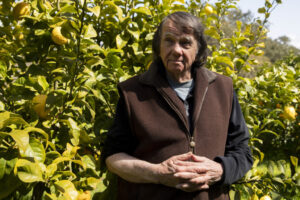Josiah Thompson, known to friends as Tink, is the JFK researcher emeritus. As a philosophy graduate student in 1966, he was the first person (outside the CIA) to make a serious forensic analysis of Abraham Zapruder’s film of the assassination of President Kennedy. As a private investigator, he had a fascinating 30 year career.
Now Thompson is back with a new book, “Last Second in Dallas,” revising his findings in his classic “Six Seconds In Dallas.” I haven’t read the new book but this review is good and it highlights something I, and many other learned from him: how to think about the JFK story.

Thompson’s evidence-based approach is grounded in basic logic. Kennedy’s assassination happened in only one way; therefore, all the evidence should point to the same conclusion. “Events happen in one way rather than another,” Thompson says. “This happened in one way rather than another. And if the event happened one way rather than another, all the evidence should be compatible with all the other evidence.”
There were a series of disappointing TV specials on the 50th anniversary of the assassination in 2013 that treated as canonical the notion that Oswald was the lone assassin. They even suggested that people who believed something different were motivated by emotional need.
“The idea is that Kennedy was such a towering figure that we can’t believe that a lowlife like Oswald could have killed such a figure,” Thompson says. “Talk about amateur psychoanalysis.”
Source: Josiah Thompson is back to tell us what really happened to JFK in 1963 | Datebook
Postscript: The Warren Commission did a cursory, results-driven analysis that might called forensic but did not qualify as scientific. The analysis of the CIA’s National Photographic Interpretation Center was scientific but it was mostly kept secret.

